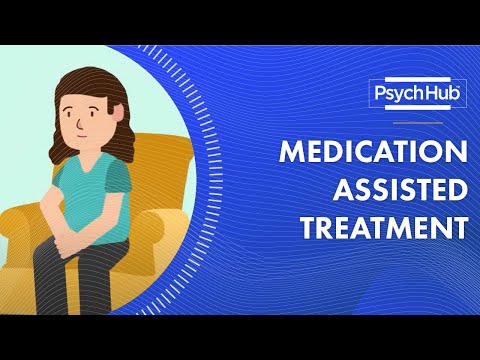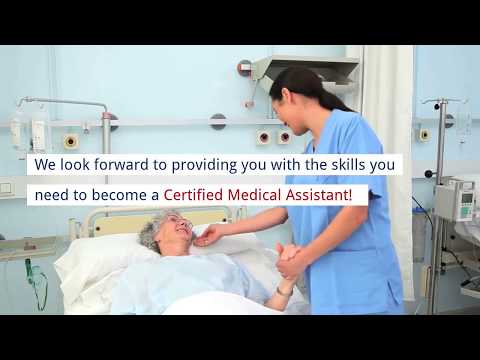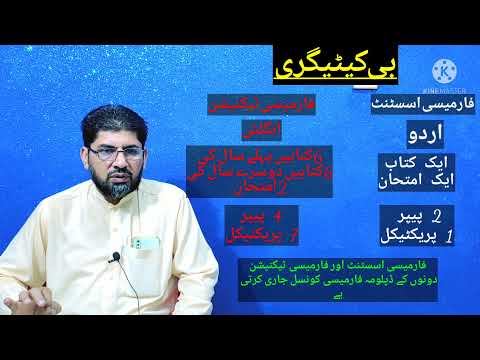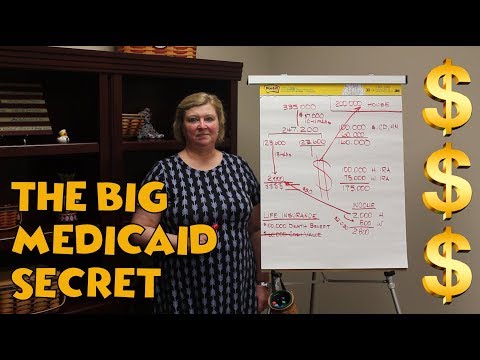Medication Assisted Substance Abuse Treatment: What You Need to Know
Contents [show]
If you or a loved one are struggling with substance abuse, you may have heard of medication-assisted treatment (MAT). MAT is a type of treatment that combines medication with counseling and behavioral therapies to provide a “whole-patient” approach to recovery. In this blog post, we’ll dive into what MAT is, how it can help, and what you need to know if you’re considering this type of treatment.
Checkout this video:
What is Medication Assisted Substance Abuse Treatment?
The use of medications in the treatment of substance abuse and addiction is sometimes controversial. However, when used correctly, medication assisted substance abuse treatment (MAT) can be an effective tool in helping people recover from addiction.
MAT involves the use of medications to help people reduce their cravings for drugs and alcohol, as well as to help them manage withdrawal symptoms. There are three main types of medication used in MAT:
-Agonists: These medications work by increasing the levels of certain chemicals in the brain, which helps to reduce cravings and withdrawal symptoms.
-Antagonists: These medications work by blocking the effects of certain drugs, making it difficult or impossible to get high.
-Partial agonists: These medications work by producing some of the same effects as the drugs they are meant to treat, but to a lesser extent.
MAT is typically used in conjunction with other forms of treatment, such as behavioral therapy and counseling. It is important to remember that MAT is not a “cure” for addiction, but rather a tool that can be used to help people recover and lead healthy, drug-free lives.
How does Medication Assisted Treatment work?
Medication Assisted Treatment (MAT) is a treatment approach for substance abuse that involves the use of medication in addition to counseling and behavioral therapy. The goal of MAT is to help people reduce or stop their use of substances and regain control of their lives.
MAT is an evidence-based approach that has been shown to be effective in treating substance abuse disorders. It is recommended by the American Society of Addiction Medicine (ASAM) and the National Institute on Drug Abuse (NIDA).
There are three medications approved by the FDA for the treatment of alcohol abuse: disulfiram, naltrexone, and acamprosate. These medications are commonly used in combination with counseling and behavioral therapies to provide a comprehensive treatment approach.
Disulfiram works by causing unpleasant effects when alcohol is consumed, such as nausea, vomiting, headache, and flushing. This effect deters people from drinking alcohol and helps them stay abstinent. Naltrexone works by blocking the effects of alcohol and opioids. This reduces cravings and prevents relapse. Acamprosate works by reducing cravings and helping to restore normal brain function.
MAT is not a cure for substance abuse disorders, but it can be an effective treatment approach for many people. If you or someone you know is struggling with substance abuse, talk to your doctor about MAT as a treatment option.
What are the benefits of Medication Assisted Treatment?
There are many benefits of Medication Assisted Treatment for substance abuse. One of the most important benefits is that it can help to reduce cravings and withdrawal symptoms, making it easier for people to stick to their treatment plan. Medication Assisted Treatment can also help people to regain control over their lives and their health, and to rebuild relationships with family and friends.
What are the risks of Medication Assisted Treatment?
There are many different types of Medication Assisted Treatment (MAT) available, and each comes with its own set of risks and benefits. It’s important to talk to your doctor about the potential risks and side effects of any medication you’re considering taking, as well as any other health concerns you may have.
Some common risks associated with MAT include:
-Interactions with other medications: Certain medications used in MAT can interact with other prescription or over-the-counter drugs, which can be dangerous. Be sure to tell your doctor about all the medications you’re taking, including vitamins and supplements.
-Dependence/addiction: One of the most common concerns about MAT is that it can lead to dependence or addiction. While this is a potential risk, it’s important to remember that Medication Assisted Treatment is only one part of a comprehensive treatment plan. When used as part of a larger treatment program that includes therapy and support, MAT can be an effective tool in helping people recover from addiction.
-Overdose: Another risk associated with MAT is accidental overdose. This can happen if you take too much of the medication or if you combine it with other substances, such as alcohol or illegal drugs. If you think you or someone else may have overdosed on a medication used in MAT, call 911 immediately.
-Side effects: As with any medication, there’s always the possibility of side effects. Some common side effects associated with MAT include nausea, vomiting, headache, dizziness, drowsiness, and dry mouth. If you experience any of these side effects, talk to your doctor about ways to manage them or whether another treatment option may be better for you.
Who is a good candidate for Medication Assisted Treatment?
There is no one-size-fits-all answer to this question, as the bestCandidate for Medication Assisted Treatment (MAST) will vary depending on the individual’s unique circumstances and needs. However, in general, good candidates for MAST are those who:
-Have been struggling with addiction for some time and have not been able to quit on their own
-Are motivated to quit and are willing to stick to a treatment plan
-Have tried other methods of quitting without success
-Do not have any major medical or psychiatric contraindications to taking medication
-Are able to find a MAST program that is a good fit for them
How do I know if Medication Assisted Treatment is right for me?
There are many factors to consider when deciding if medication assisted treatment (MAT) is right for you. This decision should be made in consultation with your treatment team, which may include your primary care provider a psychiatrist, and a licensed alcohol and drug counselor.
MAT can be an effective treatment for substance abuse, but it is not right for everyone. Some things to consider when making the decision to enter MAT include:
-The severity of your addiction
-Your medical history
-Your current mental health status
-Your ability to stay in treatment
-Your motivation to change
-Your support system
-Your housing situation
-If you are pregnant or have other dependents
What are the different types of Medication Assisted Treatment?
There are three main types of medication assisted treatment:
1) Methadone
2) Buprenorphine
3) Naltrexone
Methadone is a long-acting opioid that is used to alleviate withdrawal symptoms and cravings. It is administered in a clinics and dispensed daily. Buprenorphine is a partial opioid agonist that helps to reduce cravings and withdrawal symptoms. It can be prescribed by a certified physician and can be taken at home. Naltrexone is an opioid antagonist that blocks the effects of opioids. It is taken as an injection or as a daily pill.
How long does Medication Assisted Treatment last?
The length of time a person will need to stay in treatment depends on how long they have been using drugs, how much they have been using, and if they have any underlying mental health disorders. Medication assisted treatment is not a “quick fix” and typically requires long-term commitment from both the individual and their support network.
What happens after Medication Assisted Treatment?
After someone completes medication assisted treatment, they will need to find a way to live their lives without depending on drugs. They will need to find a new job, rebuild relationships, and figure out how to have fun without using drugs. It will take time and effort, but it is possible to live a healthy and drug-free life after treatment.
Where can I get Medication Assisted Treatment?
There are many places you can get Medication Assisted Treatment (MAT). You can get it from:
-Your family doctor or other primary care provider
-A specialist such as a psychiatrist, addiction medicine physician, or addiction counselor
-A treatment center that offers MAT
-A hospital
If you are not sure where to start, you can call the National Helpline at 1-800-662-4357 for free and confidential information about substance abuse and treatment options near you.







